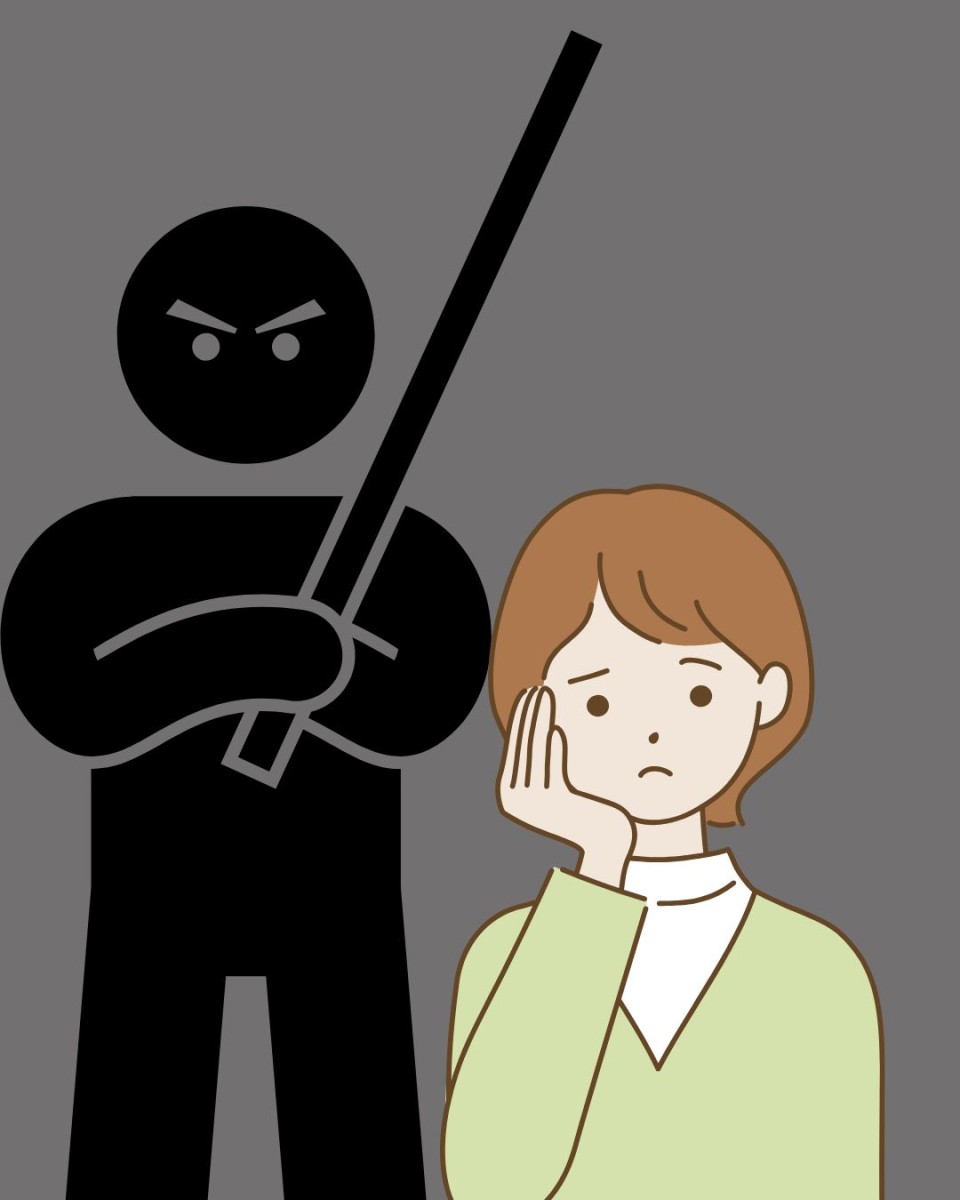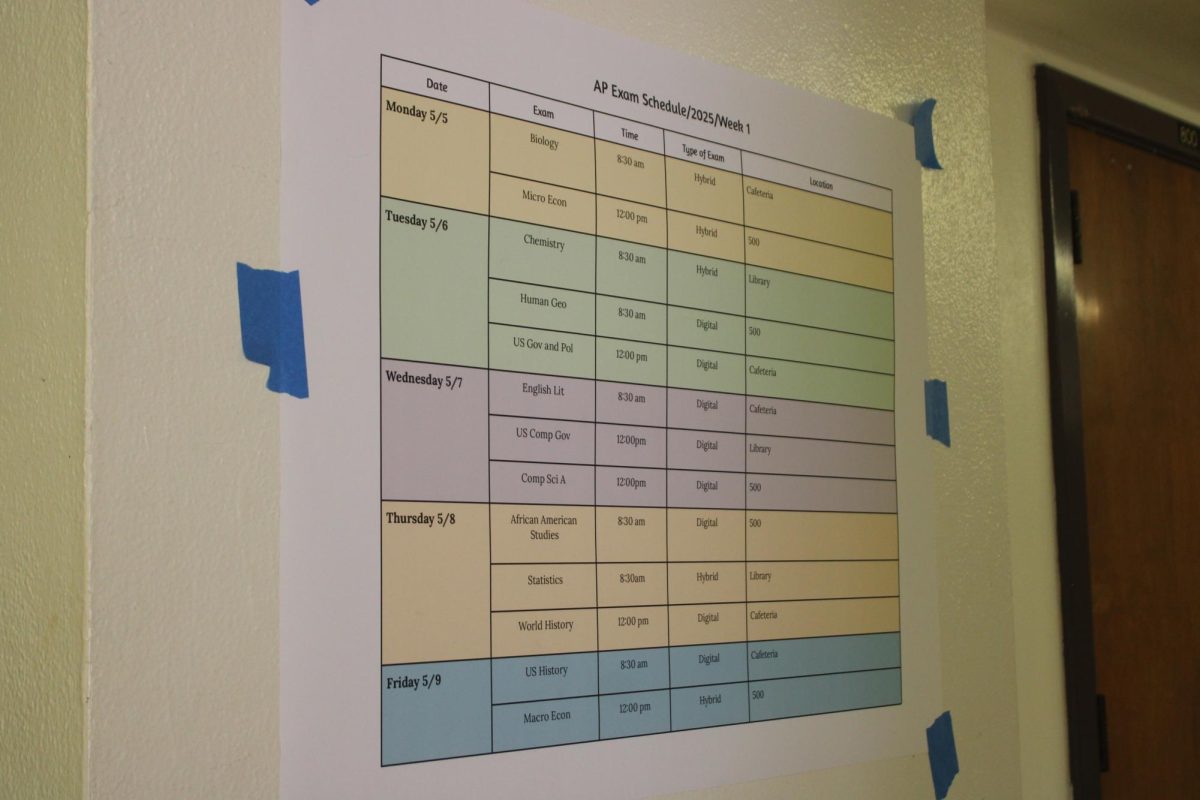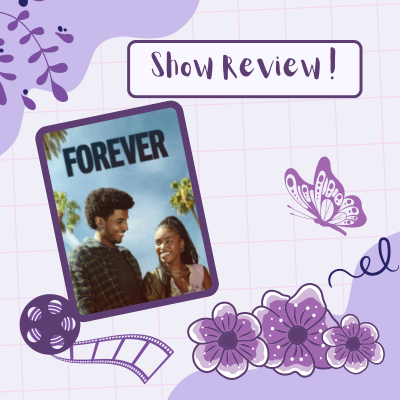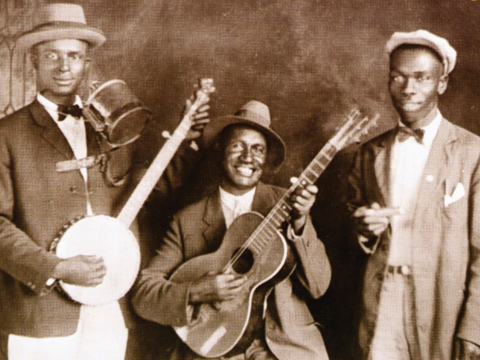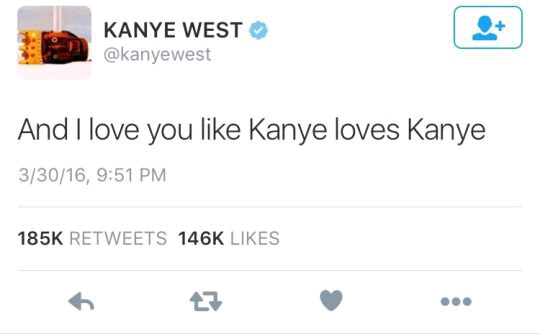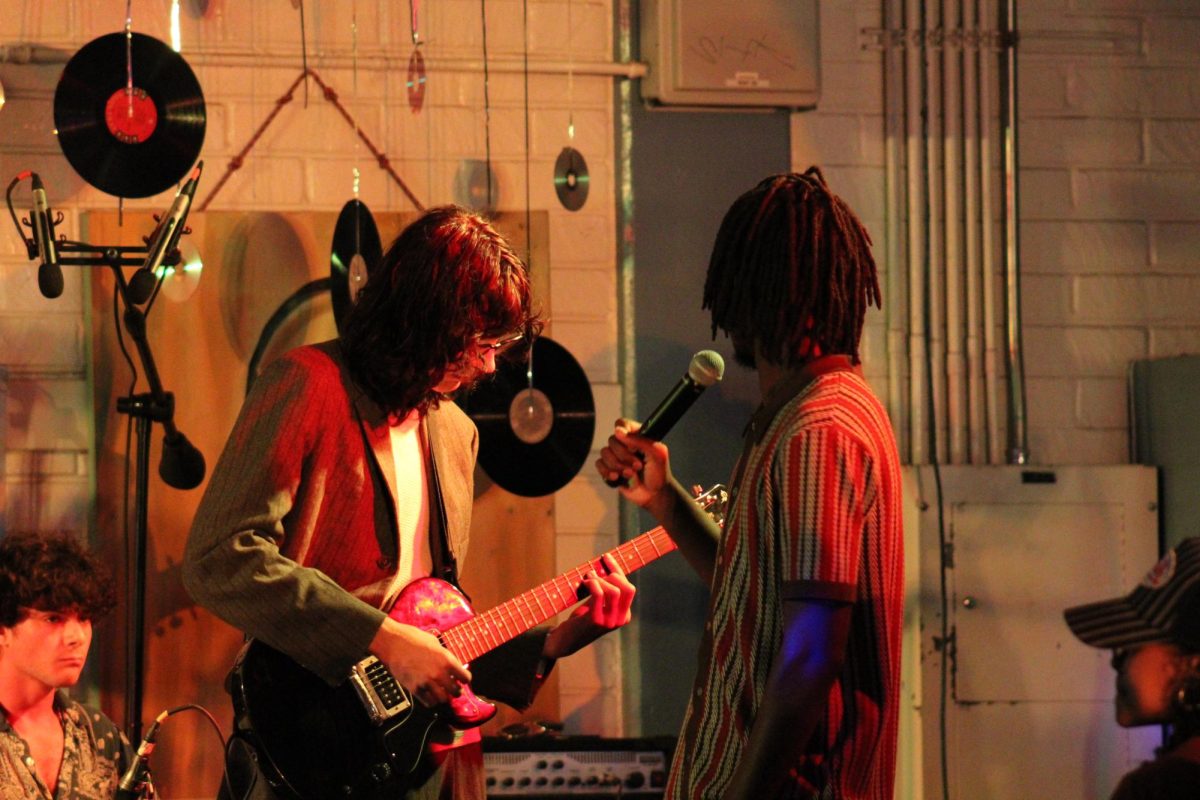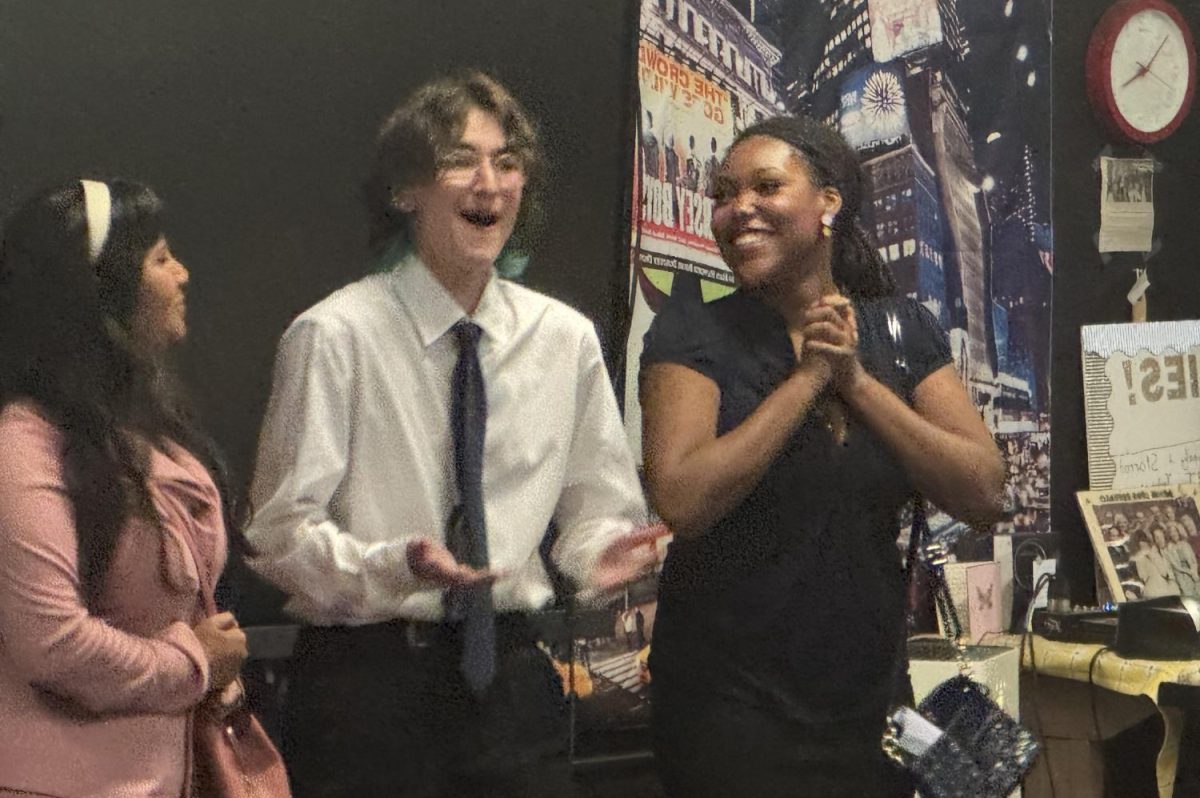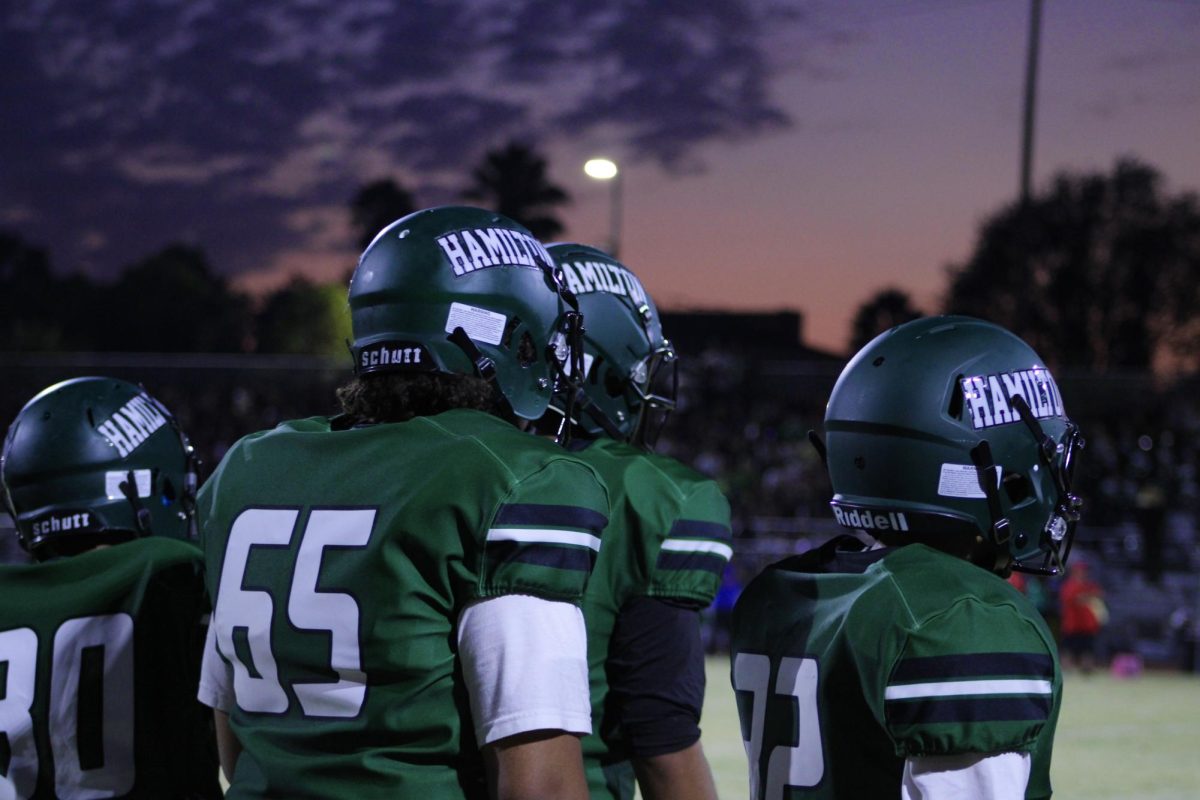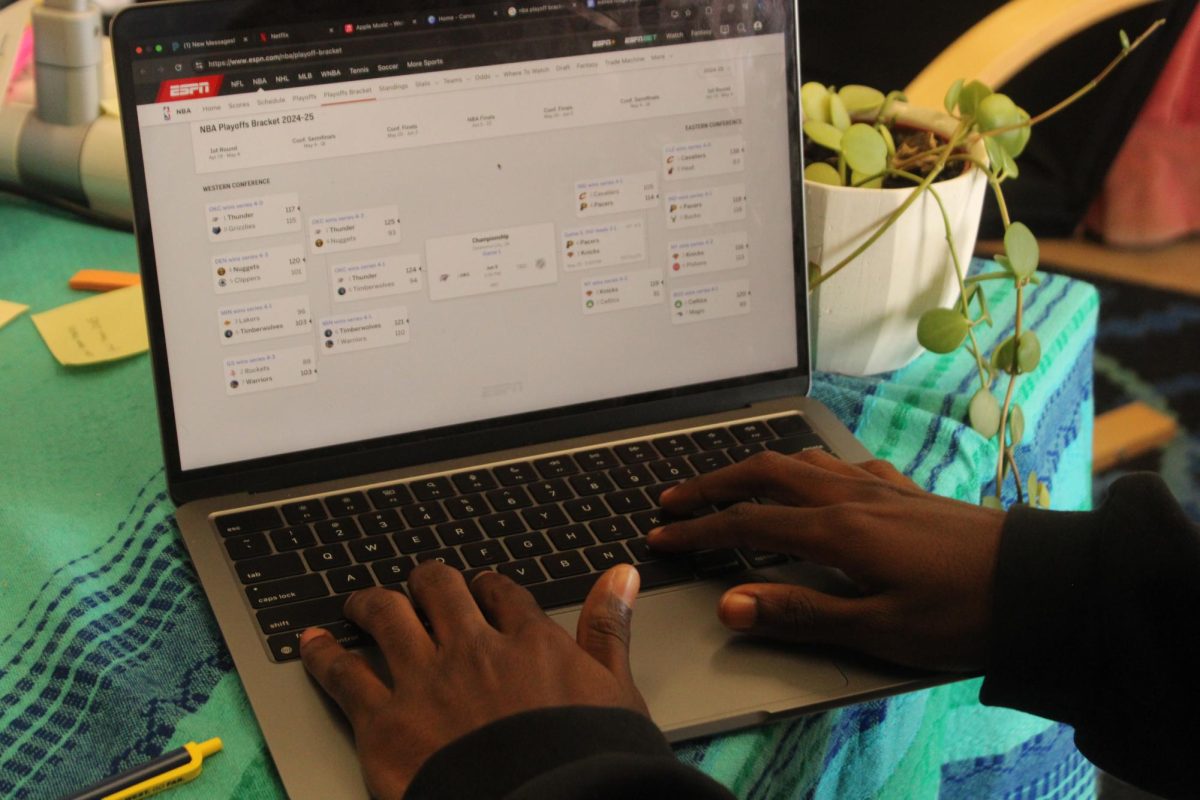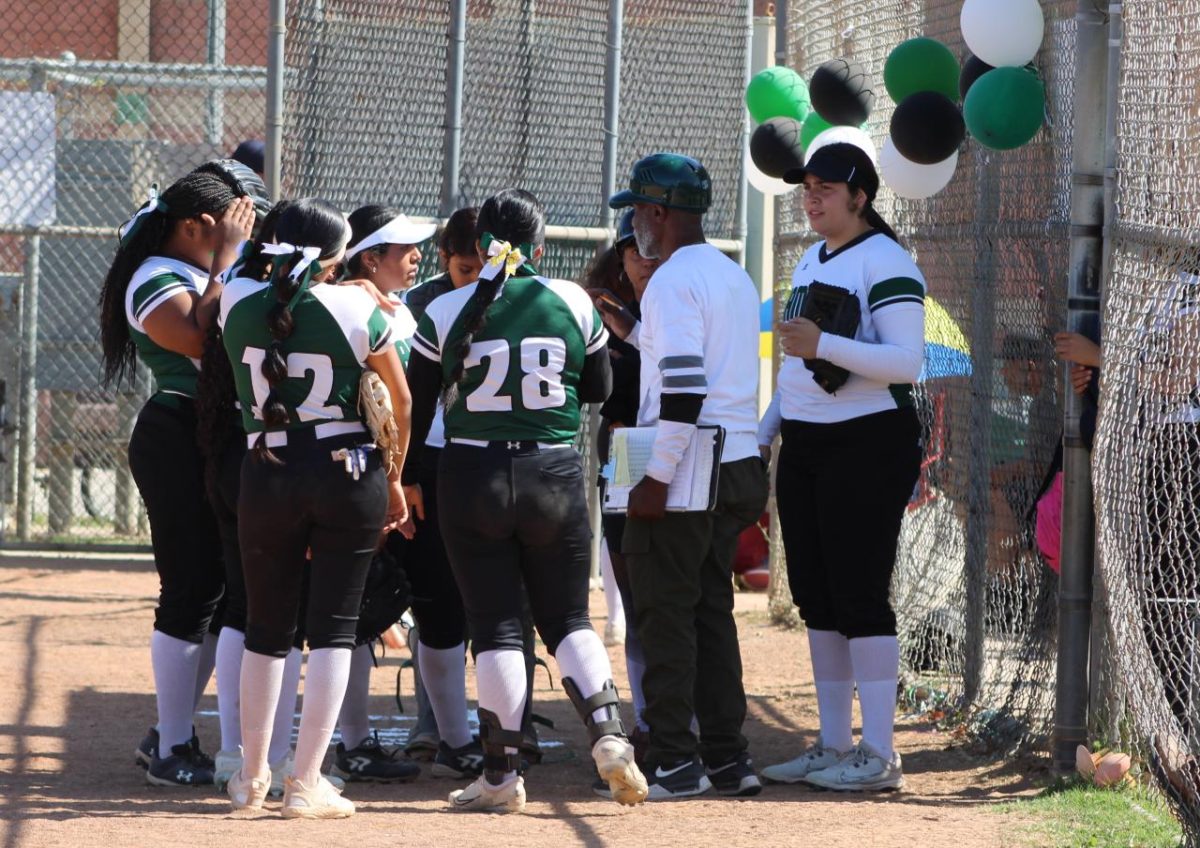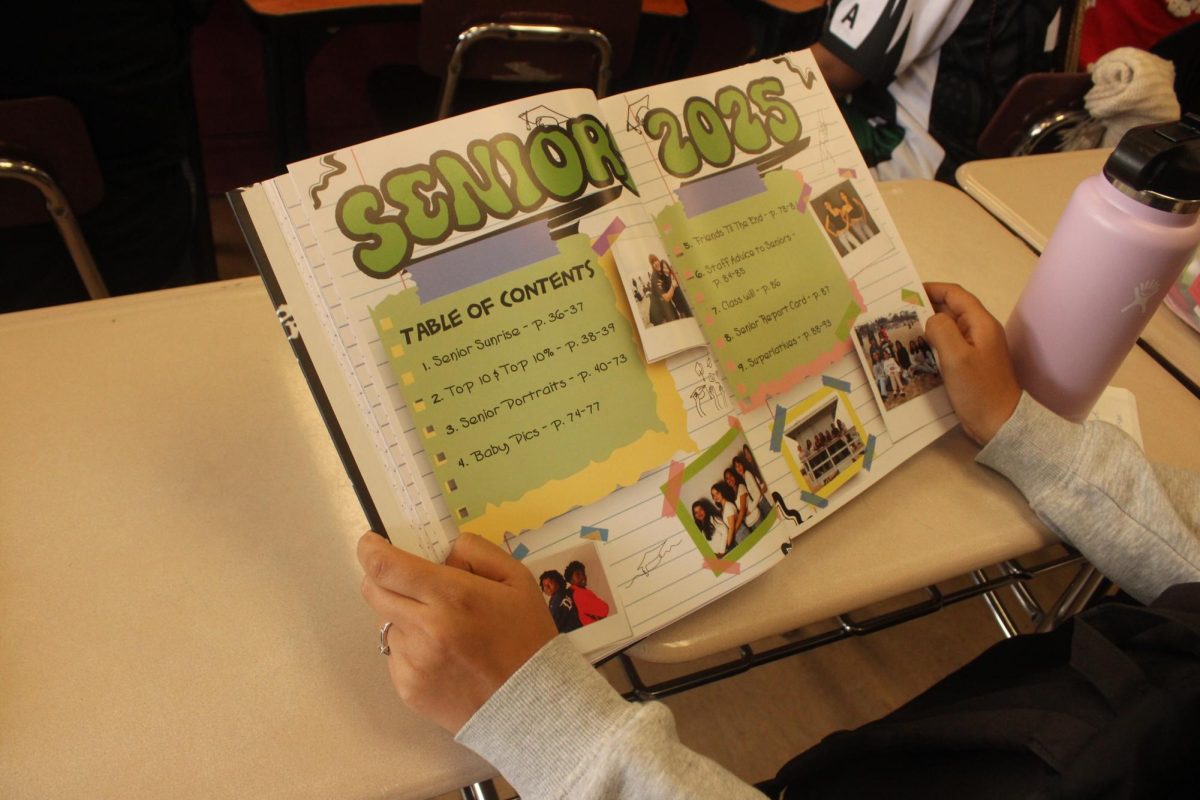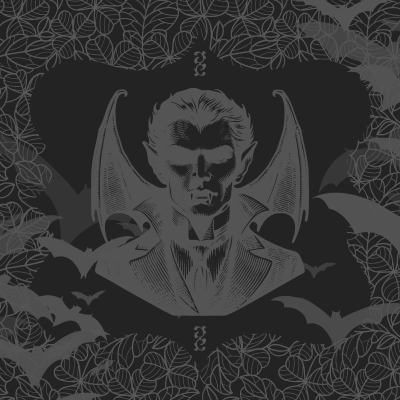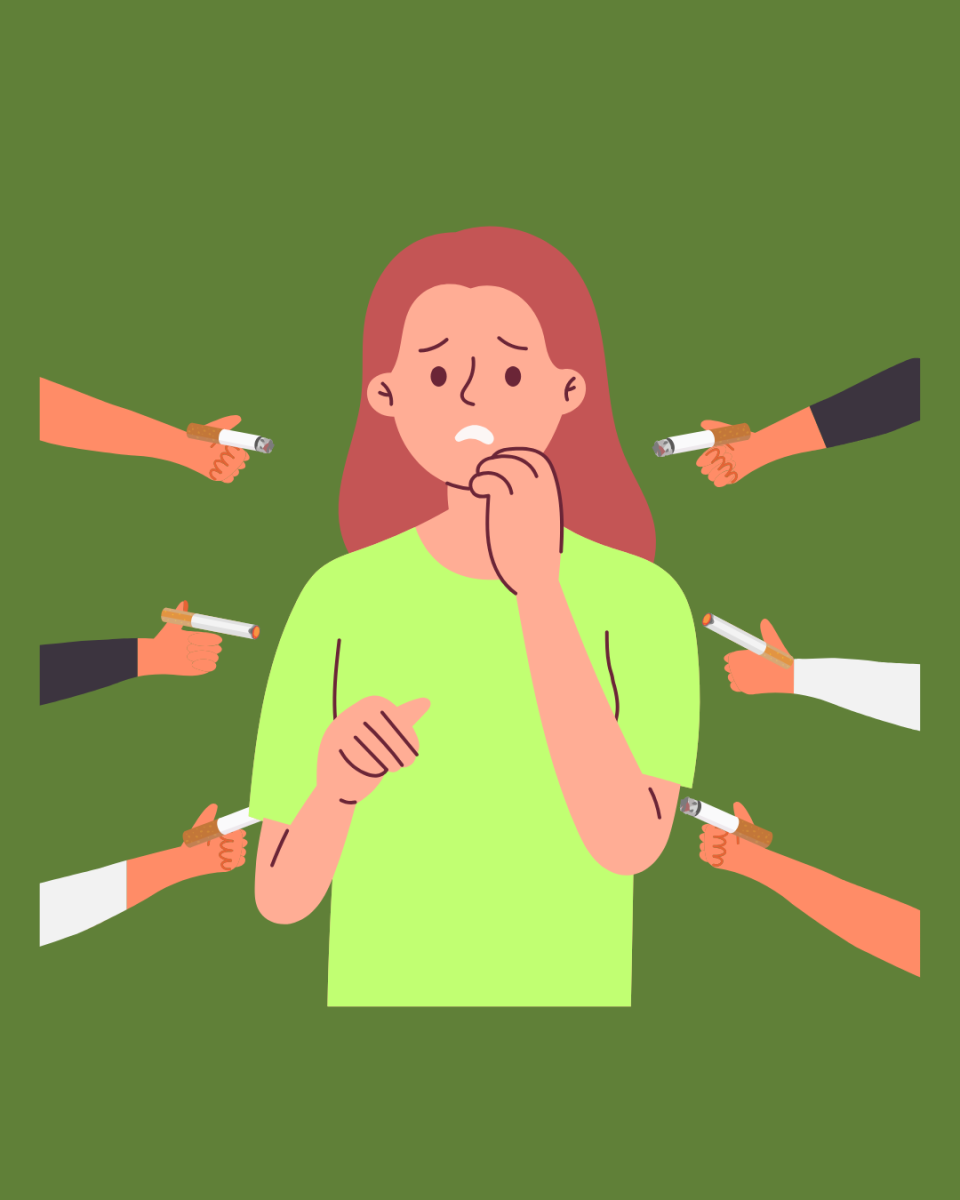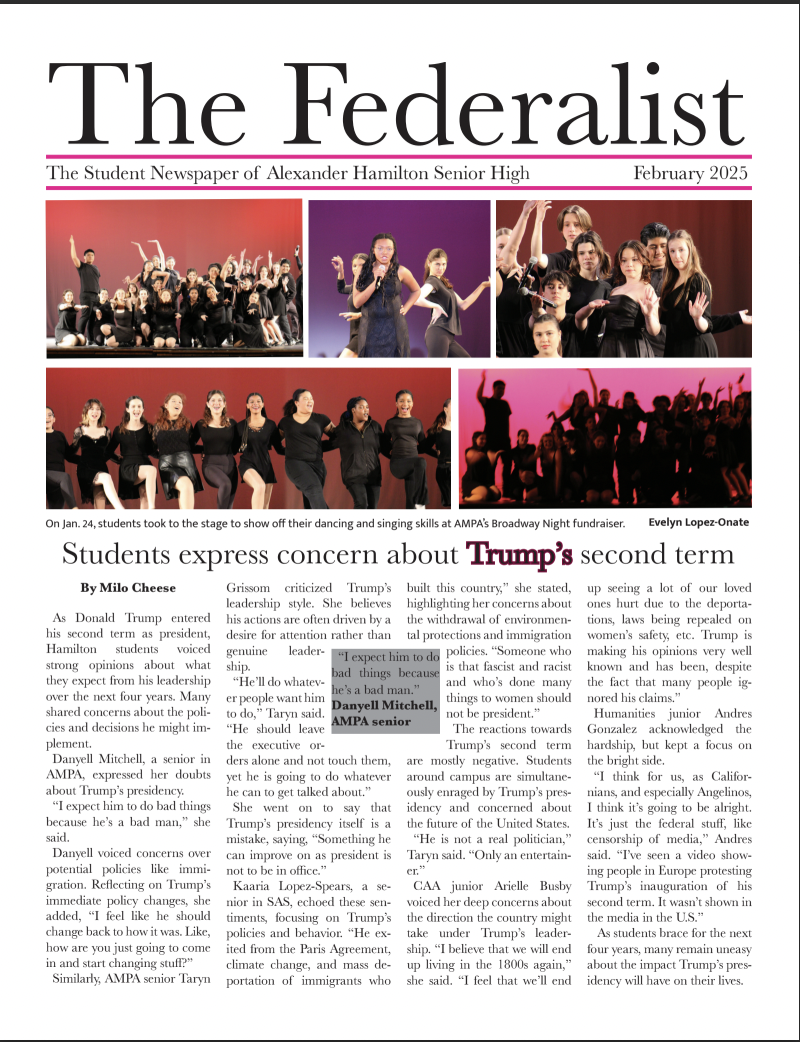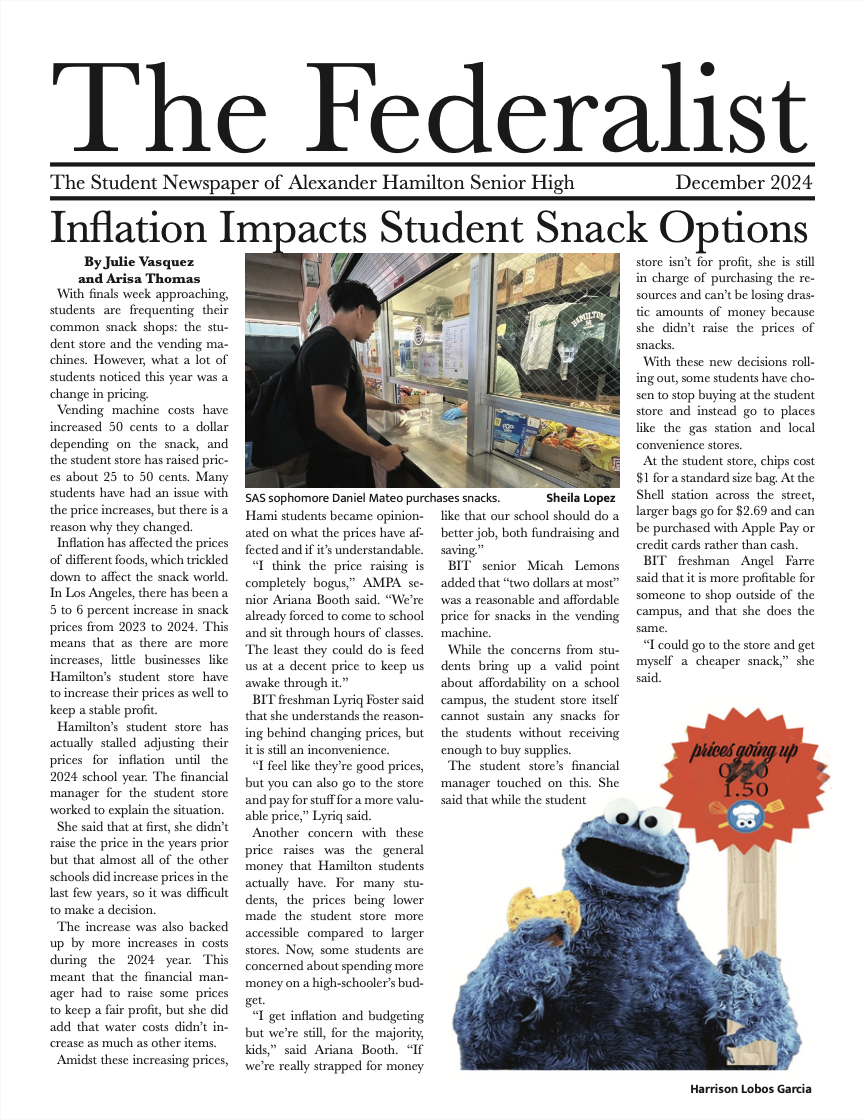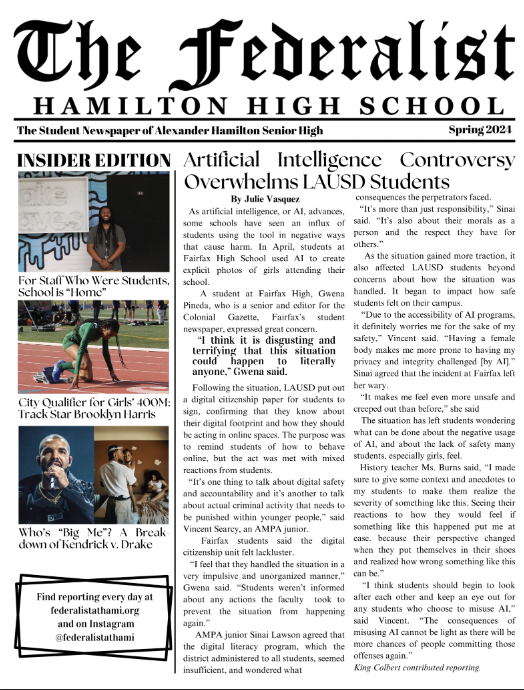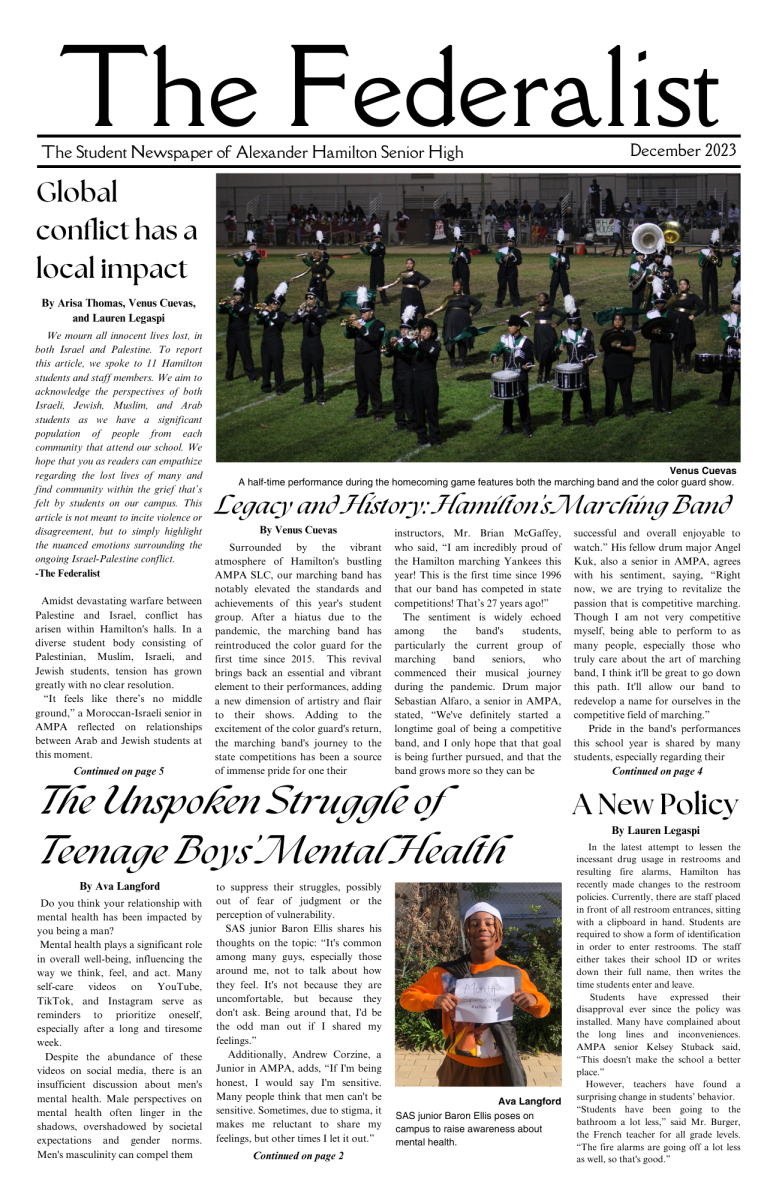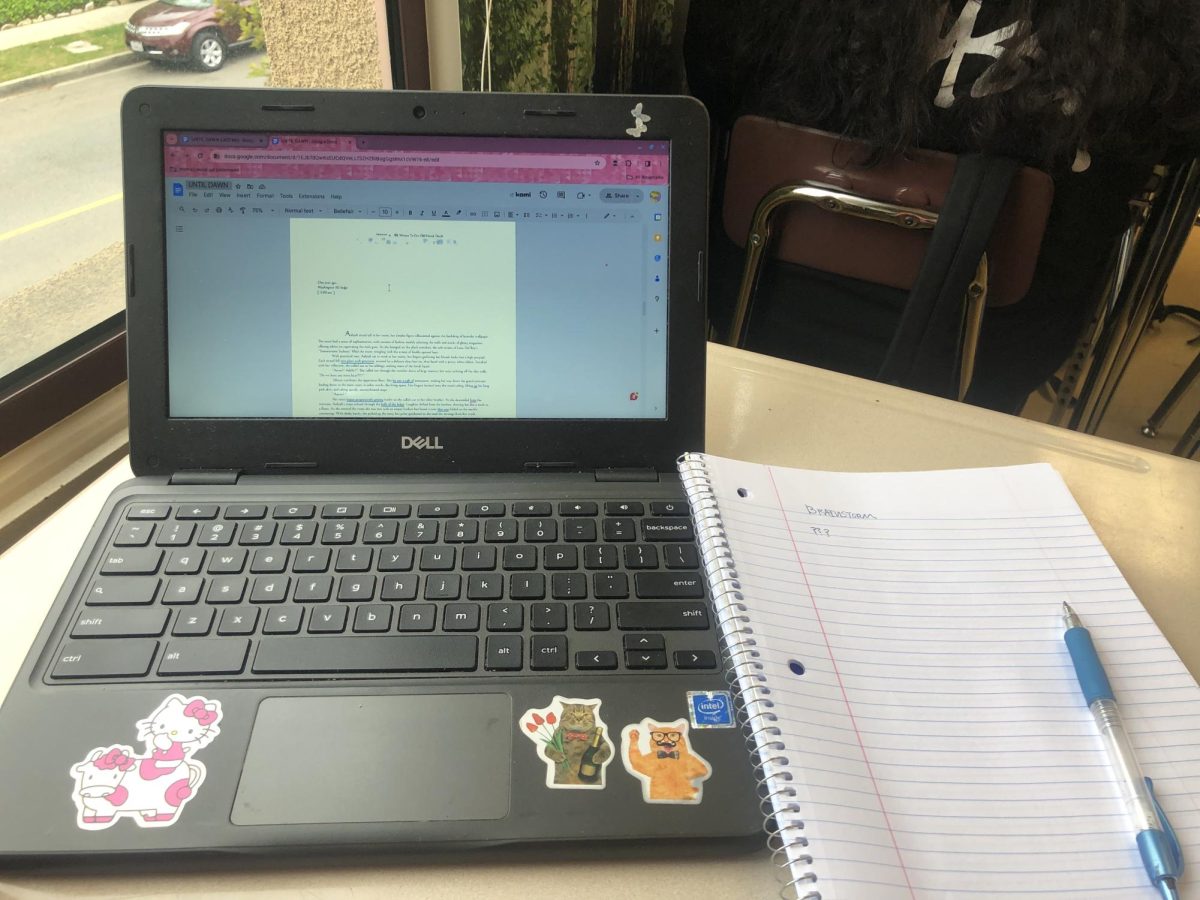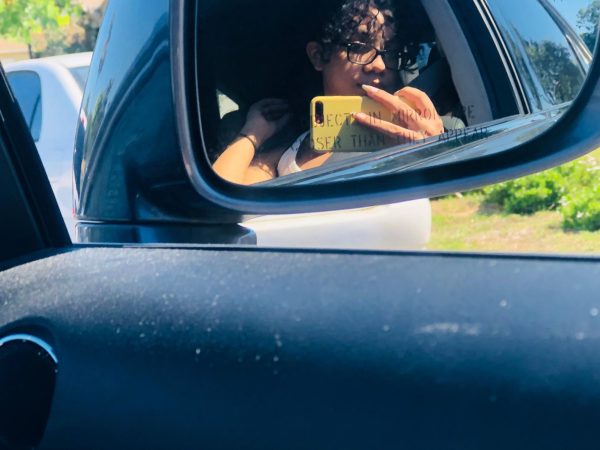Writer’s block: The notorious cause of many obstacles in the writing community. It is one of the many things that writers experience on a daily basis. Whether the writing is poetry, journaling, novels, or scriptwriting, writers’ block is a common denominator for all, and it happens way too frequently.
Writers’ block can heavily impact, and I mean heavily, continuing or even beginning a piece of writing. It makes your brain lack creativity, inspiration, and motivation; it becomes an overall hassle for brainstorming ideas when you can’t find yourself to engage in your work.
“It really sucks because I know at the end of the day my writing is a chunk of who I am, so experiencing writers’ block and feeling so alienated from your own words is so frustrating,” said CAA Junior Joelle Hennington-Jeffries.
That infuriating feeling bubbling up as you stare at a blank page or screen makes young authors here at Hami feel aggravated.
“It’s like I’m in limbo between being motivated and feeling lazy,” said AMPA Junior Aneumi Sadiq. “It’s like I’m stuck on just one aspect of whatever I’m writing and it makes me frustrated.”
For other students, frustration can even turn into distress.
“It feels really stressful and kind of lonely,” Joelle expressed. “Lonely in the sense that I’m no longer connected to anything I’m writing because I’m just stuck in limbo trying to think of what to do, but I just end up with nothing.”
In the writing industry, writers’ block prevents so much potential greatness. It often strikes the creativity flow hard, with a brilliant idea being stripped away abruptly. Sometimes, it’ll take away a writers’ commitment to a once delicate and careful process. There really is no telling when it’ll hit you.
“I usually get writers’ block around chapters 2-4 of my books because I don’t want to jump straight to the drama,” ChonTray Milo, a junior in Humanities, explained. “I add extra random scenes to prolong the story but don’t actually get anywhere.”
For Aneumi, writers’ block usually hits in the final drafting of a piece. “That’s when I come across the plot holes and the small details,” she said.
Joelle, however, said her problems arise when starting something new.
“Usually when I’m actively writing, I’m already aware of the path I’m taking, like with my book I’m already aware of how the chapter I’m working on will pan out, so I just fill in gaps any way I can,” she said. “I usually feel writers’ block before I start writing a new chapter and it sometimes takes weeks to get over.”
In many cases, writers’ block isn’t always the simplest thing to just overcome. Sometimes it takes months to get out of that low point. However, that doesn’t mean writers should feel defeated. There are many solutions to get out of writers’ block.
“I try to take from whatever is going on in that exact moment, because that gives me more material and it’s something I know very well,” Aneumi said. “It also makes the plot more realistic because it actually happened. Or I listen to songs, read news or historical articles, not books or movies because it’ll seem cliched. Or lastly, I just take a step back from that particular work and work on something fun!”
Joelle said she turns to more writing to tackle her writers’ block.
“I personally overcome writers’ block by using random writing prompts to help refresh my mind a bit, sometimes I read and it helps, even if I’m just reading things I’ve already written before,” said Joelle. “With my book, usually when I feel writers’ block pertaining to any new chapters, I just add small ideas in my notes for things that would seem good to add later and try to piggyback off of that when I start writing again. It’s like motivation.”


